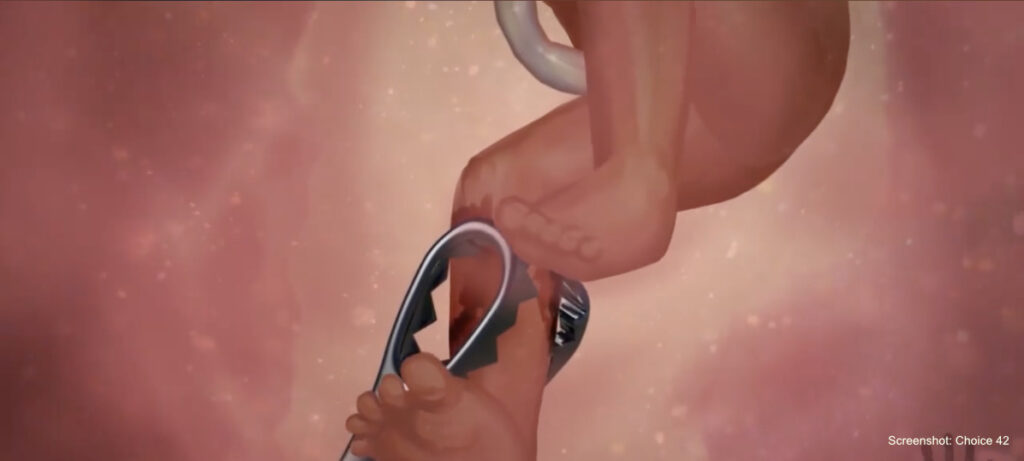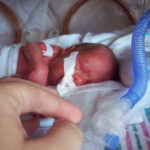Abortion
It should matter that babies feel excruciating pain during abortion
Medical professionals have known for years that children in the womb can feel pain much earlier than was once believed – and certainly earlier than 24 weeks. (I interviewed the researcher who produced one of the best studies on this here, if you’re interested.) A key reason that fetal pain bans put forward on the state level across the U.S. were so effective is that they forced a question that abortion activists desperately want to avoid: When do babies in the womb feel excruciating pain during an abortion?
The discussion was a lose-lose discussion for abortion activists in the court of public opinion. If they insisted that children in the womb don’t feel pain until 24 weeks’ gestation or later, they could be reasonably asked why they still support abortion at that stage. If they accepted the science but maintained their support for abortion, they appeared ghoulish. Either way, abortion activists were forced into a position where they were defending barbaric procedures that physically destroyed a developing human being and suffered tremendously during their extermination.
Some abortion activists, however, are just fine with that. Consider this revealing exchange between Dr. Calum Miller, one of the U.K.’s most articulate pro-life advocates and an Oxford-educated doctor and ethicists, and an abortion activist. Miller asked her if the fact that a baby in womb can feel pain mattered. “What do you think if it feels excruciating pain as like, a newborn baby?” he asked. “Or that doesn’t matter?”
The abortion activist was admirably (albeit chillingly) honest. “No. I don’t think pain matters, no. Uh, I sound like a sociopath now. [Chuckles.] But pain is of very little consequence to me. When you’re dead, you won’t feel it.”
Miller responded, “They used to think newborn babies don’t feel pain so they used to do surgery because they said these newborn babies can’t feel pain, they’re not sufficiently conscious, they’re not sufficiently self-aware, so they would just do surgery on newborn babies without any painkillers, without any anesthesia. They changed that a few decades ago because there was a pretty unanimous consensus within medical science that newborn babies can feel pain even if they can’t pass the mirror test.”
READ THE REST OF THIS COLUMN HERE








